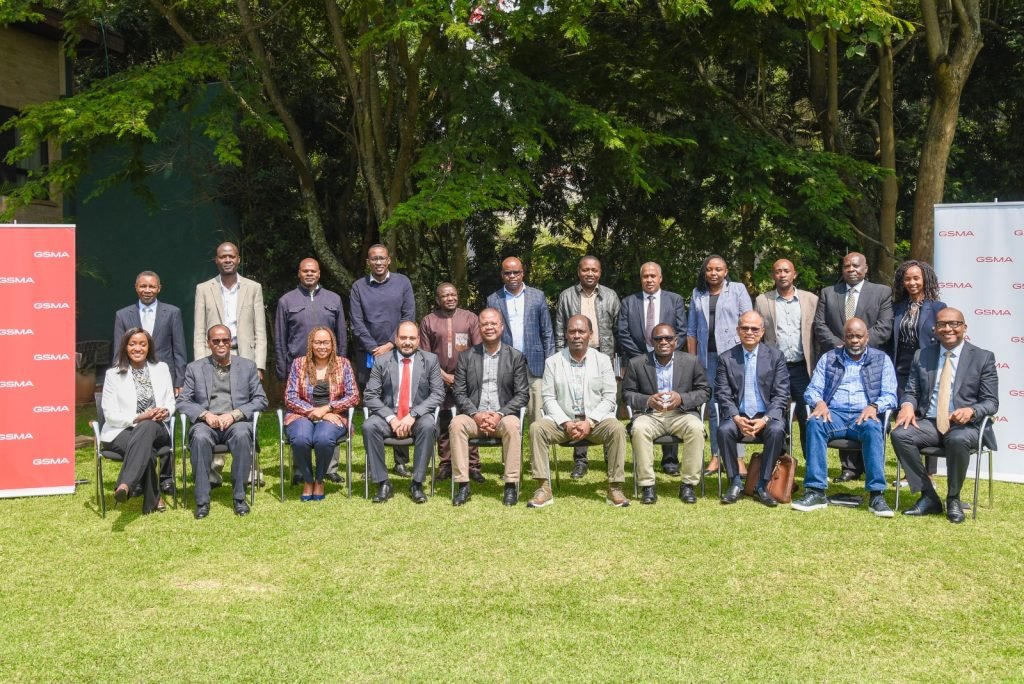Kenya’s top mobile network operators are urging the government to adopt new tax and policy reforms to boost digital access across the country.
Through the Global System for Mobile Communications Association (GSMA), the operators have presented proposals aimed at making mobile services more affordable and improving access to entry-level smartphones.
The proposals were presented on Friday, June 26, 2025, during a meeting with senior government officials, including Information, Communications, and Digital Economy Cabinet Secretary William Kabogo and Principal Secretary Stephen Isaboke.
Also in attendance were representatives from Airtel Kenya, Safaricom, Telkom Kenya, Jamii Telecommunications, Kenya Power, the Communications Authority of Kenya, EPRA, and the State Department for Energy.
One of the key recommendations by GSMA is the removal of taxes on low-cost smartphones. The mobile operators are calling for the elimination of VAT, customs duty, and import duty on entry-level devices to make them more accessible to low-income households. They also want the current Sh50 charge on SIM cards scrapped to reduce barriers to mobile access.
In addition, the operators are pushing for a reduction in excise duty on mobile services such as voice, data, and mobile money, which they say will help lower the cost of connectivity for all Kenyans. The GSMA has also proposed incentives for local assembly of smart devices, including duty exemptions on completely knocked-down (CKD) units to encourage local manufacturing and job creation.
On the issue of network expansion, the GSMA has recommended reforms to the current frequency spectrum licensing system.
They are proposing an increase in license duration from 15 years to 25 years to allow for better long-term planning and more certainty in investment. The operators also want more transparent and predictable processes for spectrum renewals, including early engagement with mobile service providers.
CS Kabogo welcomed the proposals and affirmed the government’s commitment to digital inclusion and economic empowerment. He said the government is ready to work with all players to strengthen Kenya’s digital infrastructure and close the digital divide.
Principal Secretary Isaboke praised the collaborative spirit of the discussions and noted that the proposals align with Kenya’s digital goals.
“This collective effort reflects our shared vision to drive innovation and inclusivity through improved digital infrastructure. Together, we are creating pathways to bridge the digital divide and unlock the full potential of the digital economy,” he said.
The government has pledged to build a supportive policy environment that enables the growth of transformative digital initiatives, with a strong focus on inclusivity, sustainability, and national unity.




